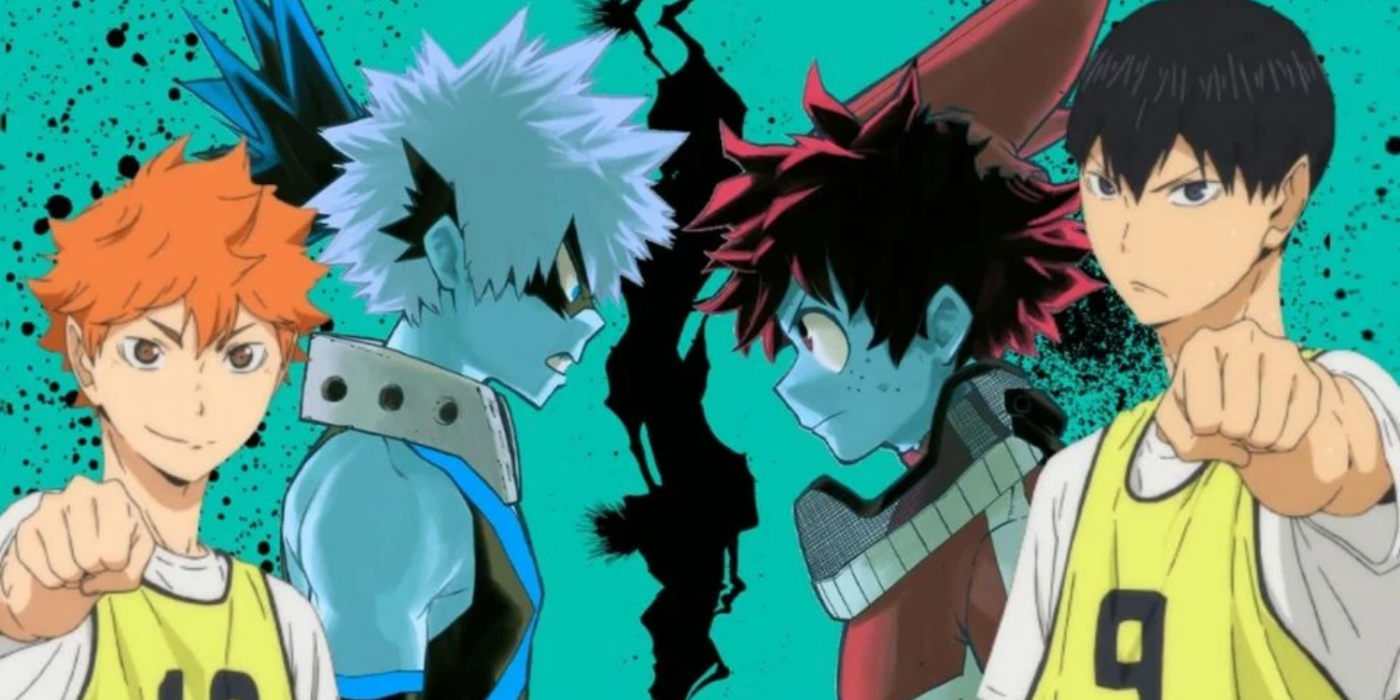
Fundamentally, shonen is a genre that's meant to entertain; to keep readers reading and manga selling. But that doesn't mean the genre is devoid of meaningful moments. It's dismissive to assume otaku are drawn only to action scenes and excitement when really, more than anything, it's usually solid coming-of-age themes, rewarding character development, and compelling narratives that cement these series as classics.
The best shonen series stay with fans because they have something more to offer, be it kernels of wisdom or a new perspective on life. And while the themes of these shows might be blatant, viewers are allowed to interpret shonen lessons however they like.
10 My Hero Academia: Tenacity Is Underrated
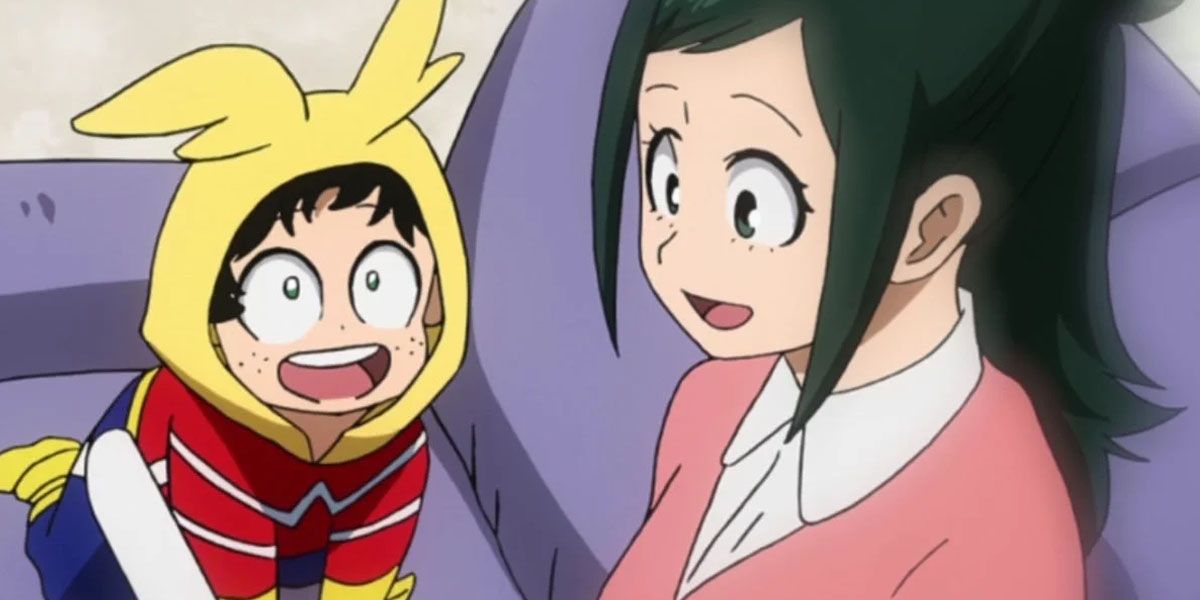
Life is full of failures. This is a fact that Midoriya — ostensibly labeled a failure ever since he was diagnosed as powerless in a society rife with superheroes — has always had to face. But what makes Deku an amazing shonen lead isn't that he later inherits a Quirk that instantly makes him extremely powerful. No.
What makes Deku remarkable is that even while he was Quirkless, he refused to be helpless. With the support of an amazing parent and in the face of an antagonistic bully, Deku remains devoted to his love for heroism. It's this refusal to be deterred from his dreams that All Might values, and it's this facet of Deku that viewers would do well to internalize.
9 One Piece: Found Family Is Still Family
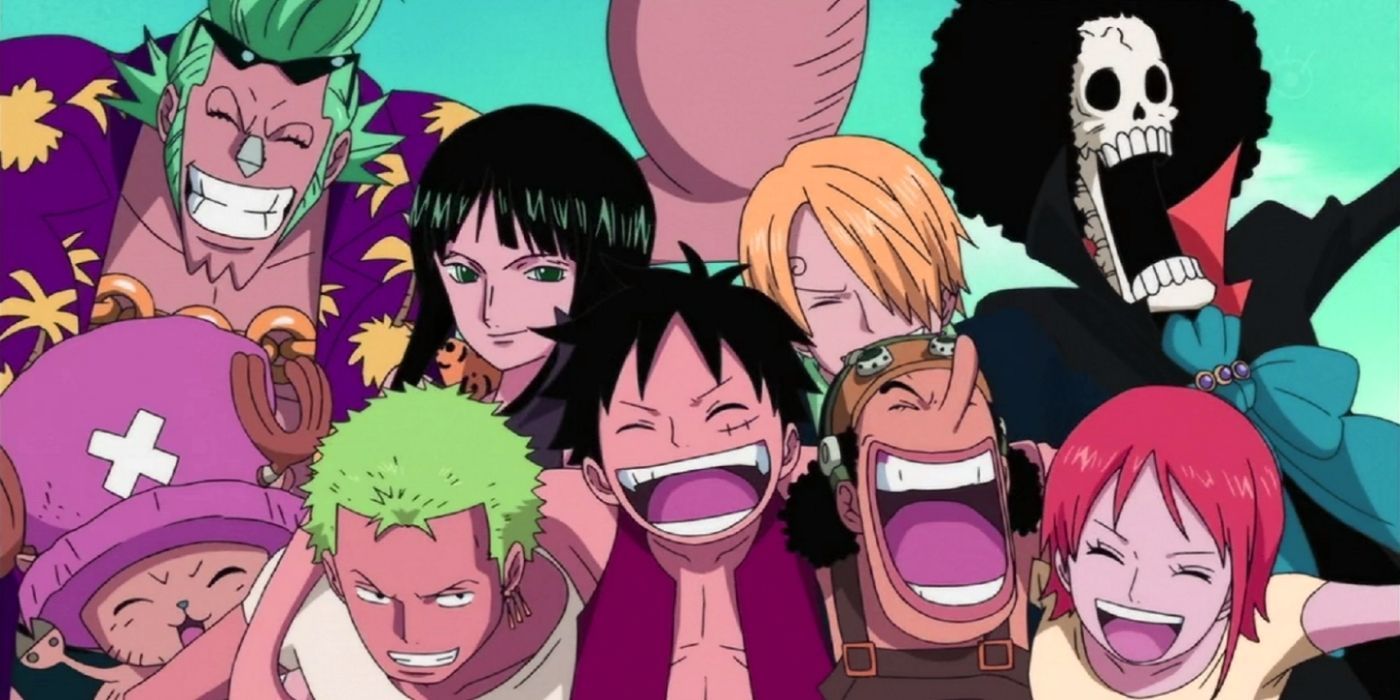
There's no shortage of ragtag ensemble casts in anime. But part of One Piece's everlasting appeal is the idea of nakama: friends who are closer than friends. Any outsider would envy the bonds that form between the Straw Hat pirates during their journey. And Luffy's greatest strength isn't that he's stubborn and made of rubber and endlessly enthused.
His greatest strength is his genuine devotion to his crew. Once you're a Straw Hat, you're a Straw Hat for life. For anyone who has failed to find their place among blood relatives or amid chaotic home lives, may the prospect of finding their own crew one day keep them going.
8 Yu Yu Hakusho: Consistency Is Key
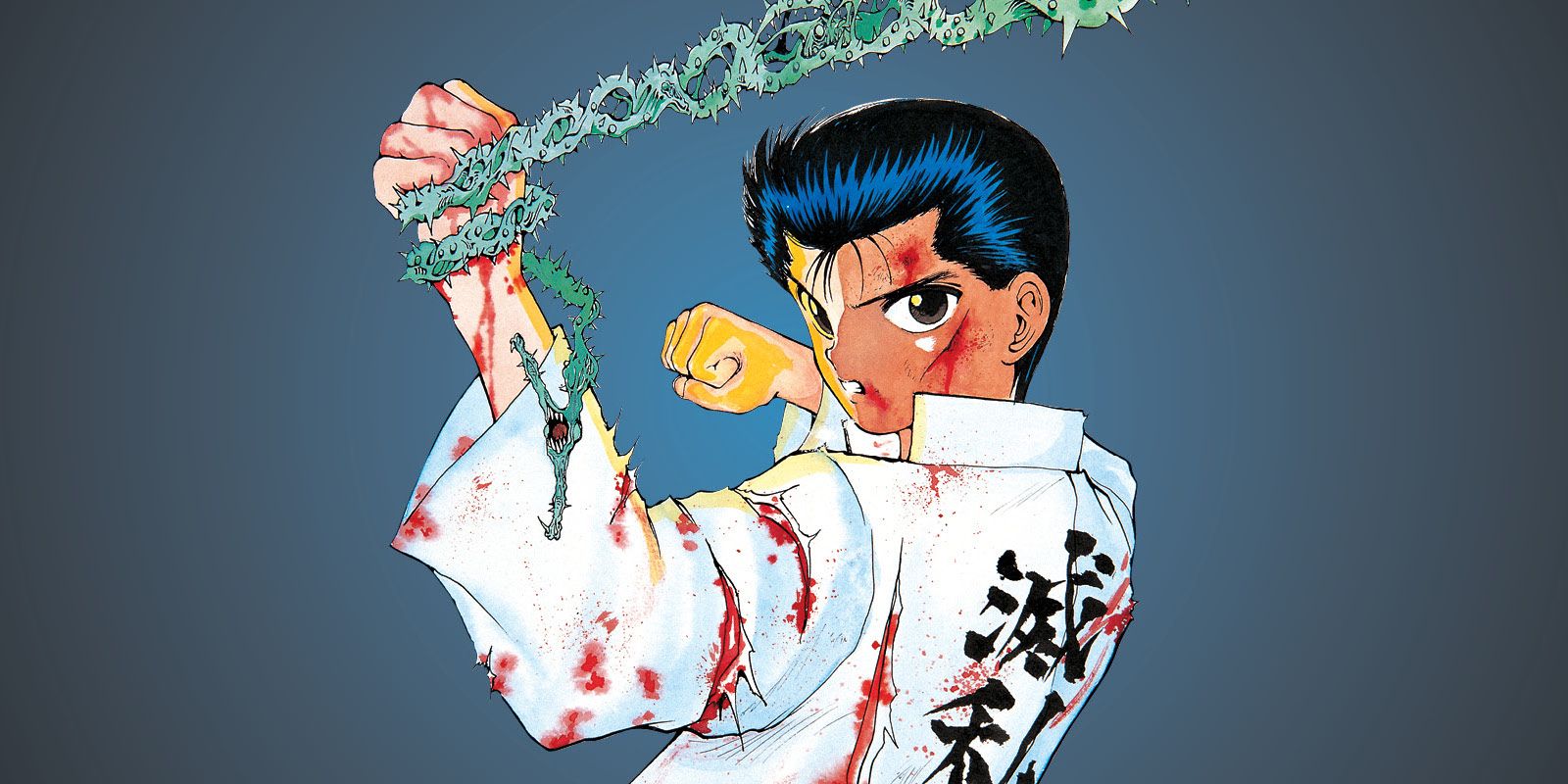
Yu Yu Hakusho hasn't had an anime revival in recent years, but it's not due to lack of popularity. The shonen series about a delinquent who dies saving a child only to be reincarnated as a demon-hunting martial artist has remained a fan-favorite. More than anything, this has to do with the consistency of the series, a steadiness that pervaded both the manga and the anime.
Though the show did struggle during its final arc, Yu Yu Hakusho tells its story concisely for a coming-of-age series and does its best to wrap everything up in just over 100 episodes. It's not perfect, but neither is growing up, and everyone would do well to remember that.
7 Bakuman: Reality Can Be Just As Rewarding As Fiction
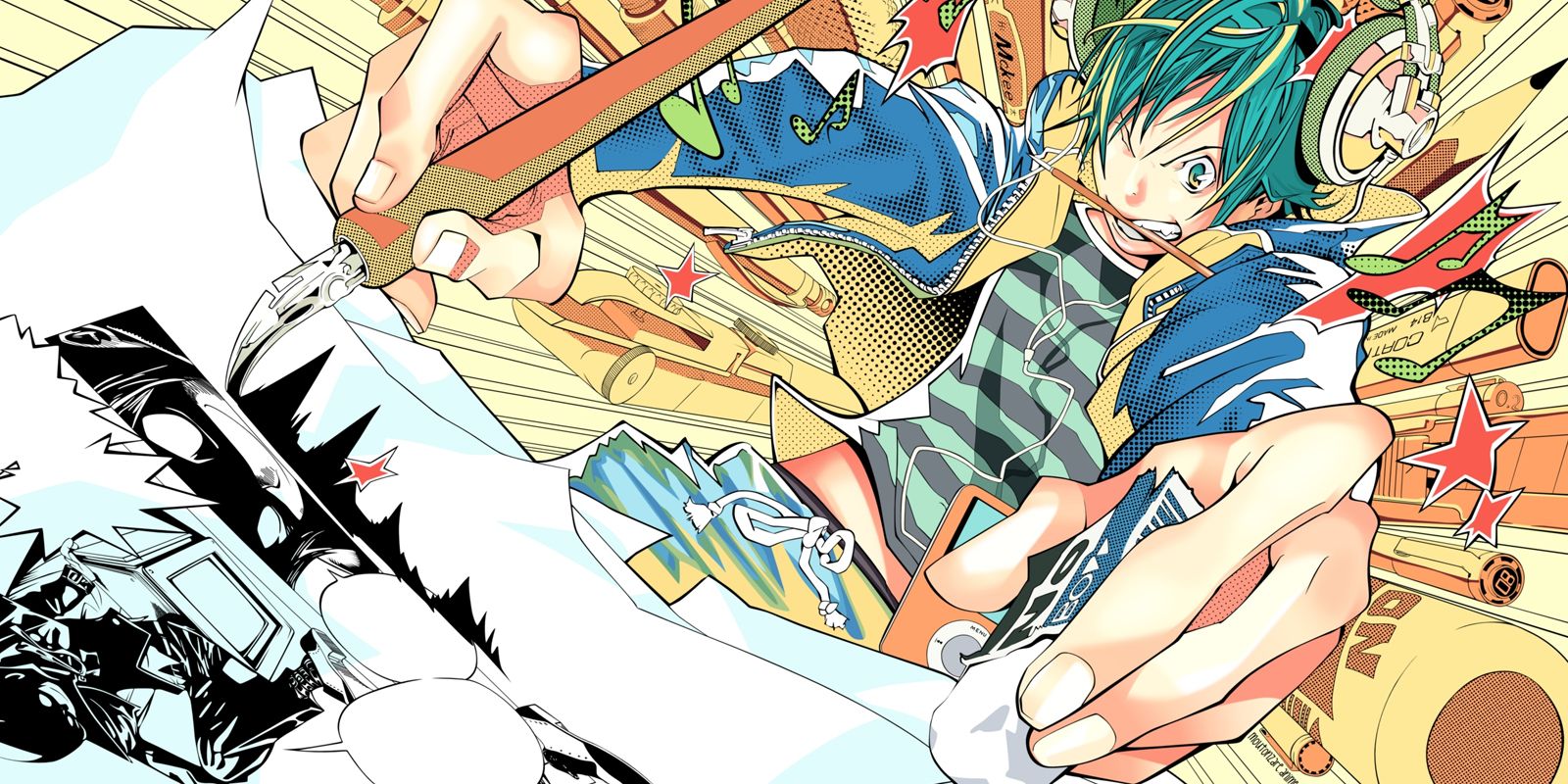
Most shonen anime have a certain degree of fantasy in common. Often suspense is based on a dangerous otherworldly setting, apocalyptic monsters, magical ninja, and superpowers. But if Bakuman proves anything, it's that the trials of normal, everyday life can be just as thrilling as any fantasy, especially when characters are pursuing a goal.
While Bakuman is essentially a slice-of-life series about two aspiring mangakas, the suspense in the story is no less tangible for being more realistic. For anyone who wants a little less escapism but just as much heart, Bakuman is waiting.
6 Naruto: Some Friendships Take Work
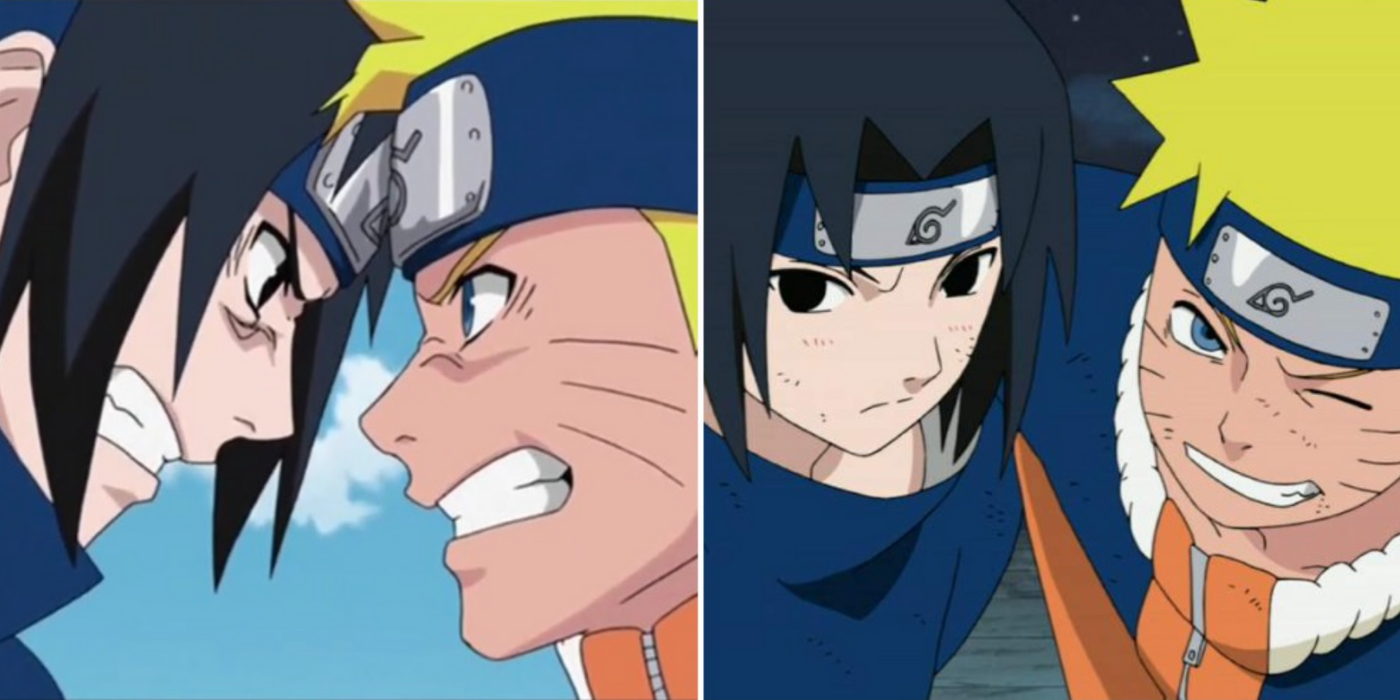
Naruto is far from a flawless franchise. And yes, perhaps Naruto and Sasuke's friendship went toxic long before the end of Shippuden. But despite all the harm that Sasuke causes and the genuine disdain with which he approaches the world, Naruto continues to believe Sasuke can be redeemed.
The truth is, not all friendships are worth maintaining in life, and perhaps Naruto would have been better off giving up on Sasuke the first few times he went dark-side. But then again, if he had given up, he wouldn't be the character that he is: a protagonist millions of kids have looked up to for decades now.
5 Attack on Titan: Beware of Becoming The Monster You Fear
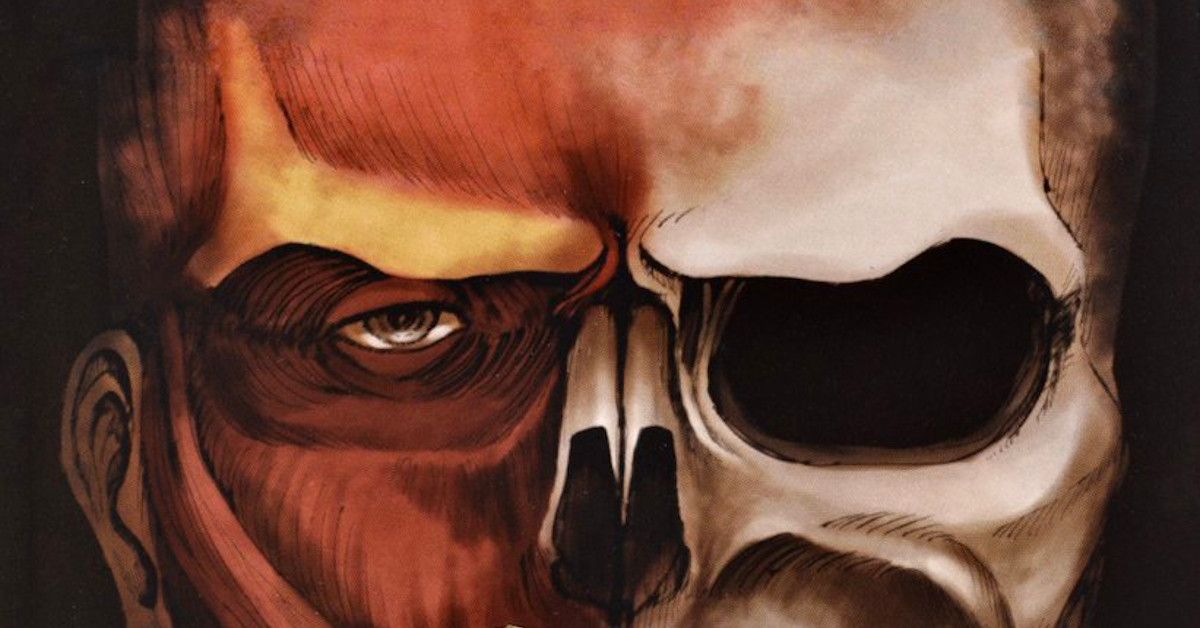
It's hard to think of Attack on Titan as shonen, given the sheer darkness of its themes, but perhaps that's why it's become such a modern classic. Attack on Titan isn't afraid to face the worst of humanity or question the morality of its central cast. The line between humanity and monstrosity is so thin as to be nonexistent.
Hajime Isayama certainly knows his history, and these characters are coping with what a culture of embedded violence does to generations of people. It's important to remember that Eren was a murderer before he even became an adolescent, let alone a Titan. While this might feel like melodrama in other shows, in the Shingeki universe, this makes a brutal kind of sense.
4 Haikyuu!! Among True Friends, You Can Grow Without Losing The Essence Of Who You Are
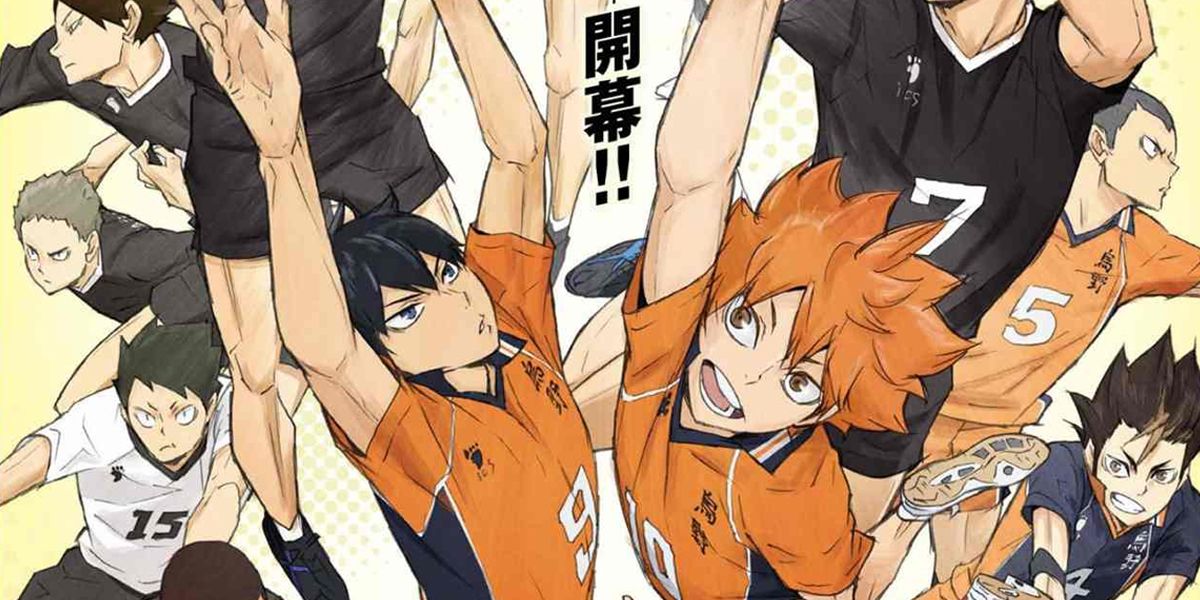
The makeover trope is frequently a guilty pleasure, but a questionable one: if a character has to become someone new to succeed, what's the lesson there? With support and understanding, people can grow without losing the essence of themselves, and Haikyuu!! is a universal hit because it knows this better than anyone.
Take Kageyama: stubborn, proud, and possibly neurodivergent, to say Kags struggles to be considerate is an understatement. His junior high team is justified in abandoning him, and when he starts hollering at his Karasuno teammates years later, he expects to be ditched again. But Karasuno is a team that welcomes a variety of odd personalities and thrives on them. A person's failings can become strengths given the right context, and not one of Kageyama's teammates would actually want to change who he is.
3 One-Punch Man: Achieving Your Dreams Is (Often) Underwhelming
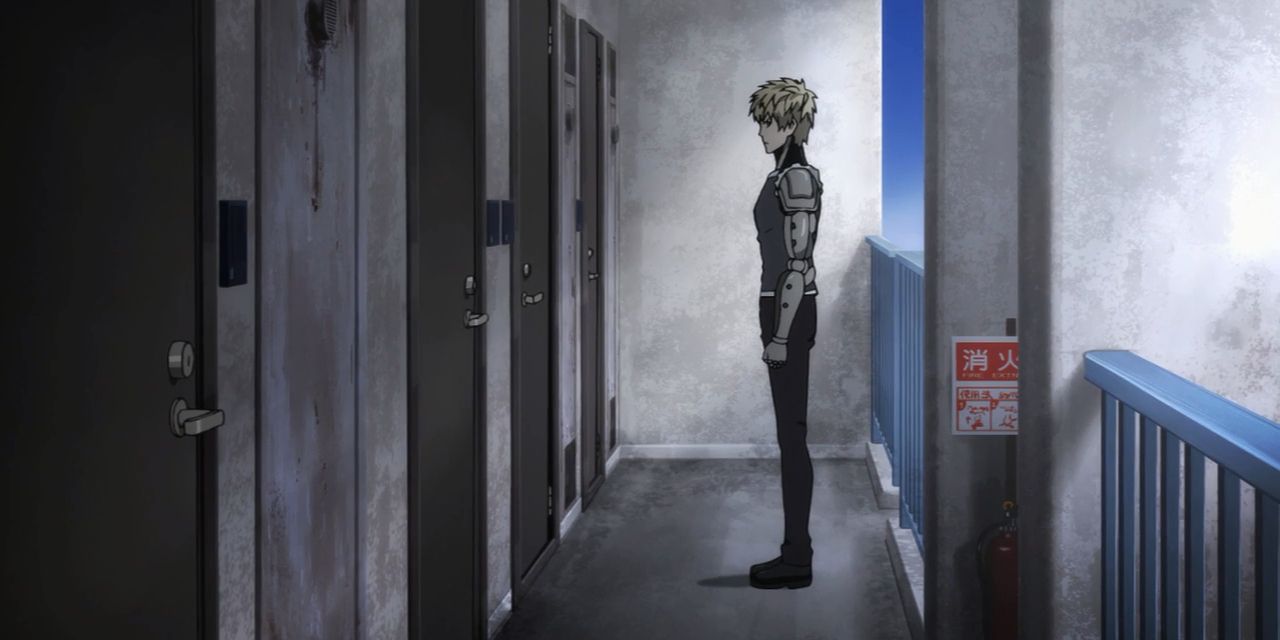
Being a superhero is, evidently, a real downer. Once Saitama becomes the single most powerful man in the world, he becomes terribly bored with his life. The wisest moments of One-Punch Man aren't the action scenes, but the mundane daily minutiae of Saitama's existence.
Goals are often underwhelming once they're achieved. The job is never what you hoped it would be, the meal isn't always as good as it looked on the menu, the sequel is a disappointment, the marriage fails. But if life is going to be full of disappointments, tackling said disappointment with a dose of satire seems like wisdom.
2 Hunter x Hunter: The Best Things In Life Are Worth Waiting For
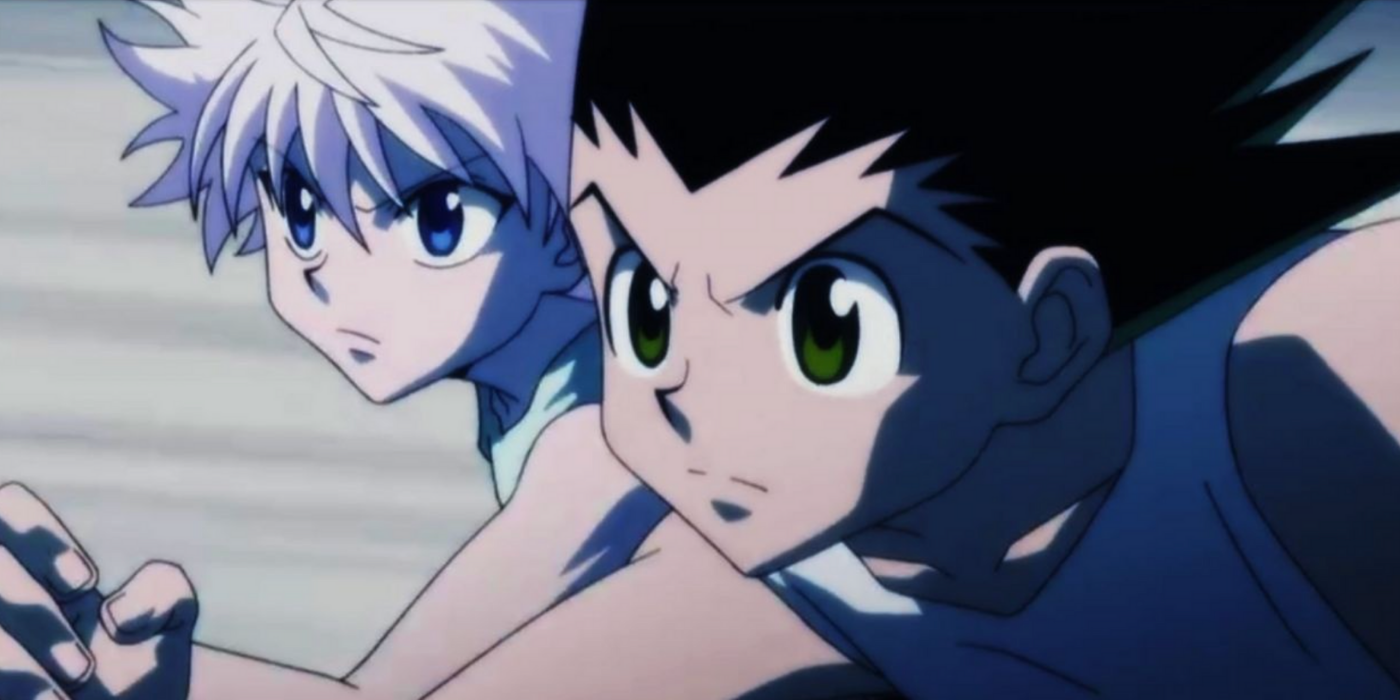
Hunter x Hunter fans have waited actual decades for a conclusion to this story, and the manga's hiatuses are so frequent as to have become a punchline within the fandom.
Why is it that Hunter x Hunter remains a favorite, even though it is bound to be unsatisfying? Well, for one thing, the story proves just as fun as it ever was. The characters remain extremely likable. And fans need an eternal thing to wait for, a perpetual dream on the horizon. Once a series is over, the comedown can be devastating. With a series like HxH, fans never have to come down at all.
1 Fullmetal Alchemist: Your Mistakes Don't Define You, But How You React To Them Does
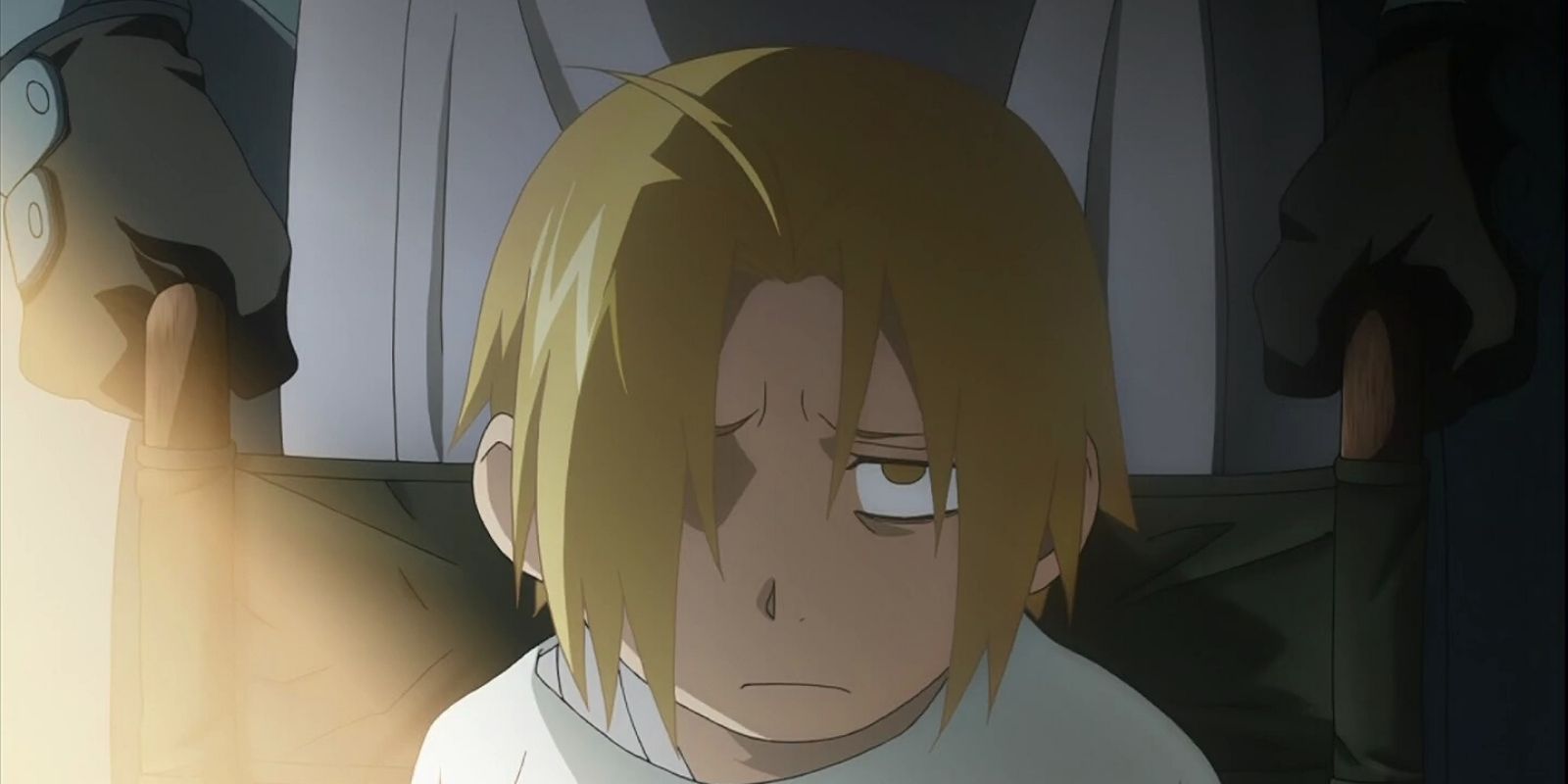
If there's one thing every main character in Fullmetal Alchemist has in common, it's that they have all made seemingly irrevocable mistakes. Losing limbs while trying to reincarnate the dead, taking part in a genocidal war, creating life and failing to control it, pulling a gun on a man who killed loved ones, being directly responsible for the murder of a friend; all of this and more are par for the course.
But what distinguishes the protagonists from the antagonists is what they choose to do in the wake of such terrible mistakes. The heroes choose to redeem themselves and become better people. As Arakawa wrote in her timeless manga, "A lesson without pain is meaningless. That's because no one can gain without sacrificing something. But by enduring that pain and overcoming it, he shall obtain a powerful, unmatched heart. A fullmetal heart."



0 Comments